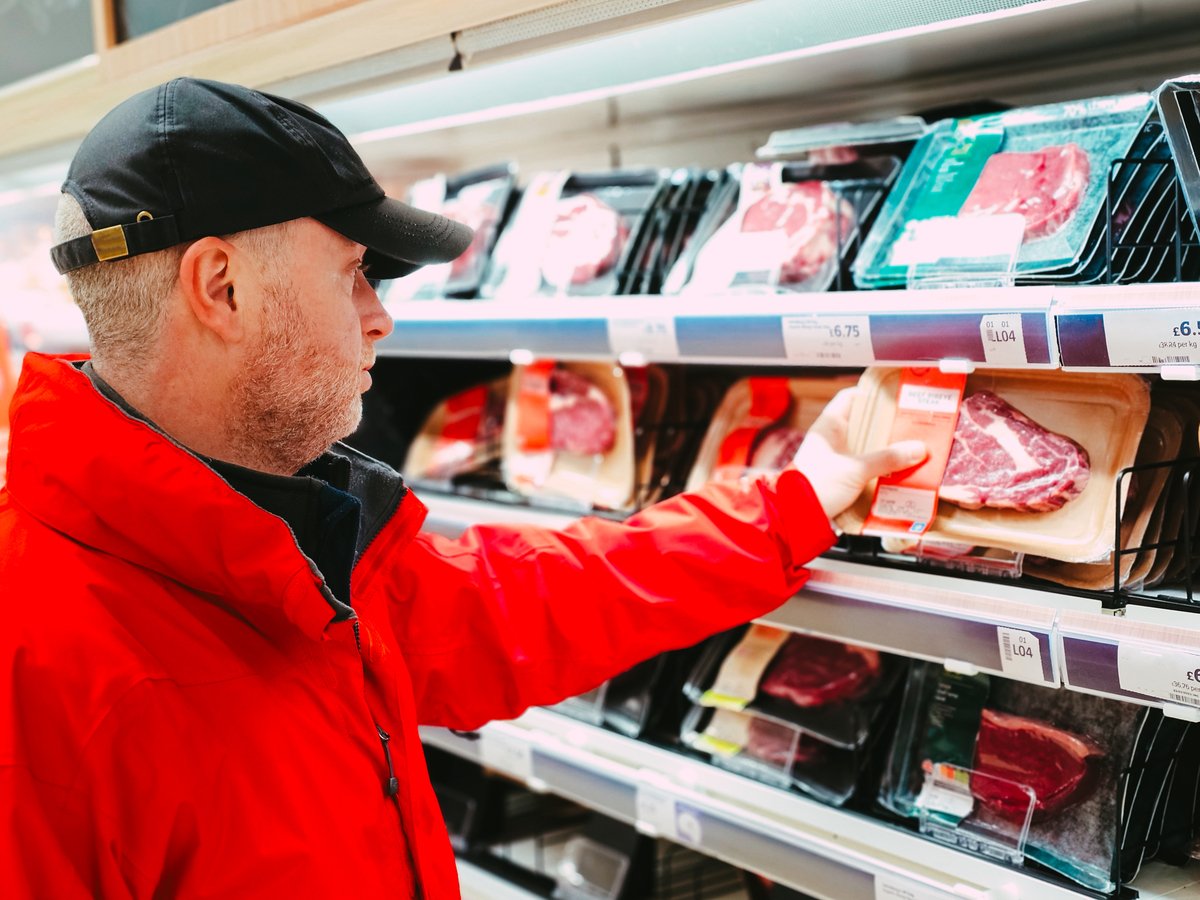Beyond Meat (BYND 5.71%) and privately held rival Impossible Foods have changed the public's perception of plant-based beef alternatives, showing there is a market for faux meat products as long as taste and texture match expectations.
But having successfully blazed a path in relatively uncharted territory, they have cleared the way for lots of competitors. And because many of these new entrants are much larger, better financed, and more established in the protein industry, Beyond and Impossible run the risk of being eclipsed by the competition.
Beyond Meat will issue third-quarter earnings results on Monday, Oct. 28, so let's look at what investors can expect.

Image source: Getty Images.
Meteoric growth
Growth is likely to be phenomenal. The plant-based meat maker has reported triple-digit sales growth in its first two quarters as a public company, with net revenues over 250% higher than they were a year ago.
While getting its beef alternative into supermarkets and other retail outlets like ShopRite and Safeway has been a boon to growth, with sales rising 156% over the first two quarters, it's been the introduction of its patties into restaurants that has been the real growth driver. Restaurant sales rocketed 486% over the first six months of 2019 as chains such as TGI Friday's, BurgerFi, and Carl's Jr. added its patties to their menus.
And seemingly boding well, Dunkin Brands just announced it would be carrying Beyond's plant-based breakfast sausage patties on its menu nationwide beginning Nov. 6. Yum! Brands is testing Beyond's faux-chicken nuggets in Atlanta at one of its KFC restaurants, and McDonald's will be testing its burgers at a handful of restaurants in Canada.
It seems likely Beyond Meat will be posting triple-digit revenue growth again in the third quarter.
But growth comes at a cost
Profits are another matter, and they remain elusive as the company heavily invests in research and development (R&D) to bring new products like sausage-less patties and chicken-less nuggets to market.
R&D expenses have more than doubled over the past year, causing losses to widen to $16.1 million at the end of the second quarter. It's also had to invest in capacity expansion to ensure that it doesn't run into the same kind of shortages that occurred in 2017 and 2018.
Beyond Meat is building out its own factories, and while it still uses contract manufacturers to produce a lot of its burgers, the termination of an agreement with one of its co-manufacturers caused operating expenses to more than double, too.
Competition will only get more intense
As mentioned before, the field of plant-based beef alternatives is getting crowded as some of the biggest food companies launch their own products. Global giant Nestle is only the latest to enter the fray, introducing a triple-play bacon cheeseburger threat that features plant-based patties, cheese, and bacon.
That's on top of other food-service giants in the market including Tyson Foods, Hormel, Kellogg, as well as supermarket leaders Kroger and Walmart trying their hand at meat alternatives.
What's it worth to investors?
Arguably the biggest risk confronting Beyond Meat investors is not so much its business (though coming up against deep-pocketed competitors could pressure profit margins even more) but rather its valuation.
Even though Beyond Meat stock has lost 60% of its value since hitting its high point of $240 a share, it still trades at over 38 times the revenue it produces. And for all the growth it's experienced, trailing revenue is still $165 million, though we will undoubtedly see that increase after it issues its third-quarter earnings.
Beyond Meat has been valued by the market at over $6 billion, and that may just be too rich for anyone's taste, regardless of what its financial reports say.






